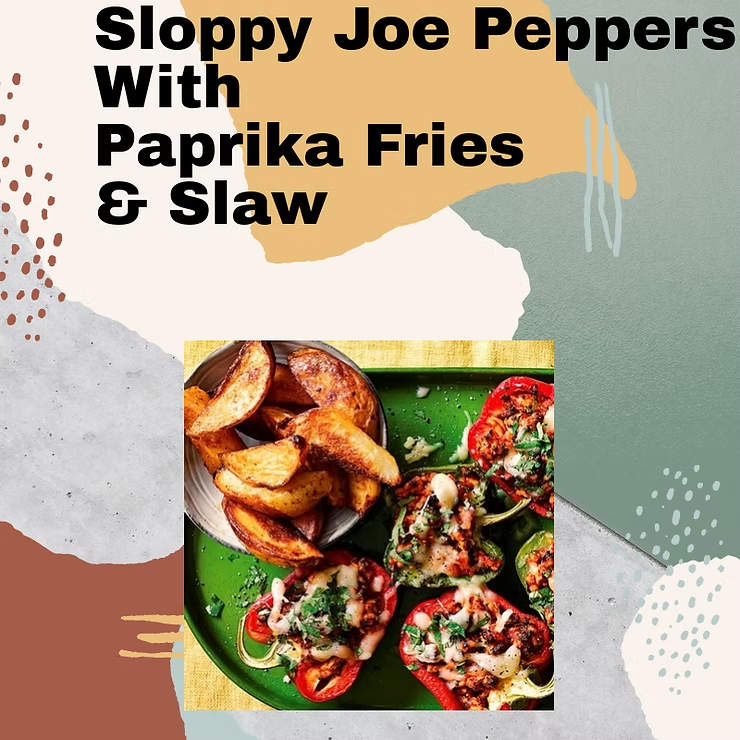Do You Know Your Kefir From Your Kombucha?
- GWTFNutrition

- Aug 14, 2020
- 3 min read

Kefir, Kombucha, Kimchi, Sauerkraut, Probiotics, Prebiotics are all words which are thrown around on a regular basis nowadays but what exactly are they & what are the benefits of including them in your diet?
Kefir: a fermented milk drink similar to a thin yogurt that is made from kefir grains, a specific type of mesophilic (an organism which grows best in moderate temperatures rather than an extreme) symbiotic culture. It is slightly tangy & has a fizzy taste due to the carbon dioxide produced during fermentation. Kefir can be consumed just like normal milk/yoghurt & is traditionally made using whole cow's milk but can be made using most milk's including plant milk such as coconut & rice. Be aware that when buying Kefir from the shops that many manufacturers will have added sugar & flavourings to it to make it more appealing to a wider consumer market so always check the sugar content!

Positive Benefits Of Including Kefir In Your Diet Include:
Improved Digestion
May help to stabilise blood sugar levels which could be very beneficial for those with type 2 diabetes
Contributes to strong bones, especially kefir made using cow's milk, due to it's wide ranging nutritional profile
Aids in the management of inflammation within the gut & wider body
Helps to lower cholesterol levels, protecting the cardiovascular system
Stimulates & supports your immune system
Kombucha: A fermented, lightly fizzy, sweetened black or green tea. It is created by fermenting sweetened tea with a symbiotic culture of bacteria & yeast (SCOBY). It is naturally rich in amino acids, active enzymes, beneficial bacteria and polyphenols.

Kimchi: A traditional (Korean) side dish of salted and fermented vegetables, such as cabbage, radishes & carrots, mixed with seasonings such as chili powder/sauce, spring onions, garlic, ginger & cider vinegar. When consumed, the live bacteria in the kimchi encourage a diverse & growing population of good bacteria within your microbiome as well as the vegetables & spices offering a beneficial nutritional & digestive addition to your diet.

Benefits of consuming kimchi include:
Improvement in digestion & easing of digestive complaints
Helps to manage inflammation within the body
Gives a boost to the immune system through ingredients such as ginger & garlic
Improved circulation & regulation of cholesterol levels
As with most things, Kimchi is best consumed in moderation so don't go eating plates full everyday! Try adding a spoonful to your plate as an accompaniment to a salad a couple of times a week to start with & then increase the quantity/frequency slightly but not consuming everyday.
Sauerkraut: Sauerkraut is finely cut raw cabbage that has been fermented by various lactic acid bacteria. There are lots of beneficial bacteria living on the cabbage which when fermented by submerging in brine results in sauerkraut containing lots of the same probiotics as a bowl of yoghurt!

Benefits Include:
Improved Digestion
Reduction in bloating, gas & constipation (Don't eat too much Sauerkraut all in one go though else you might just end up with similar symptoms!)
Helps to keep bacteria colonies in your gut nurtured & growing
Aids in managing inflammation & strengthening of the gut wall, lowering the risk of digestive tract infections
Can help with weight management due to it's fibre content & the ability for it to help grow anti-obesity bacterial colonies within the microbiome
Probiotics: Probiotics are live bacteria and yeasts promoted as having various health benefits. They're usually added to yoghurts or taken as food supplements, and are often described as "good" or "friendly" bacteria. Probiotic supplements, even though they can be quite pricey to take in the long term, are a very handy thing to include within your diet if you're recovering from an illness involving your digestive system or if you've been on a course of antibiotics. For everyday, long term inclusion there are lots of affordable probiotic foods available & you can even have a go at making your own kefir, kombucha, kimchi, sauerkraut & live/active culture yoghurt!

Prebiotics: A unique type of plant fibre, Prebiotics are compounds found in food which promote, nourish & nurture the growth or activity of beneficial bacteria. The most common example is in the gastrointestinal tract, where prebiotics can alter the composition of organisms in the gut microbiome. Your gut bacteria will ferment these fibres down into Butyrate, an amazing anti-inflammatory chemical.

So hopefully you now know a little bit more about these gut nourishing, health benefitting foods & drinks and why you should be including more of them in your diet. Your plate of food can have a massive impact on not only your physical health but also your mental health through providing your gut & microbiome with nutrient rich, probiotic & prebiotic foods/drinks which as a result sends positive, feel good messages back up to your brain... how amazing is that!
If you have any questions or want to know how you can incorporate these into your diet, as always just drop me a message or an email. Thanks for reading!







Comments